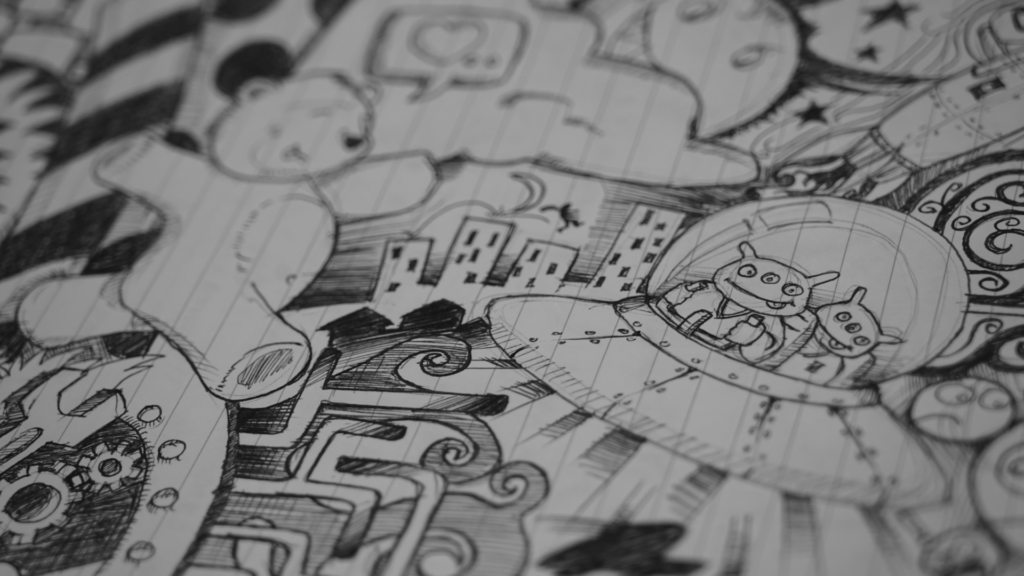Comics have come a long way since their inception and, with that, have realized representation’s power. As readers, we want to see ourselves reflected in the stories we consume.
We want our experiences to be acknowledged and celebrated. The importance of diversity in comics cannot be understated – it allows for underrepresented voices to be heard and for us all to learn from each other’s unique perspectives. Join me as I explore why representation matters in comics and how it can shape our worldviews for the better!
The Importance of Diversity in Comics
As comics grow in popularity, it is essential to remember the importance of diversity in the industry. Comics allow children and adults to explore different cultures and worldviews, which is critical for building a more inclusive society.
While many publishers have made strides in increasing diversity within their comic lines, there is still work to be done. Several studies have shown that when readers see characters who look like them represented in the media they consume, it can boost self-confidence and help build empathy. A study by the University of Chicago showed that exposure to diverse fictional characters improved academic performance among young students with low self-esteem.
How Diversity is Represented in Comics
As a medium that has been around for over seventy years, comics have significantly impacted pop culture. They have helped to create a worldwide community of readers and fans and have shaped how we view the world.
One of the ways that comics have represented diversity is through the representation of characters from different backgrounds and cultures. However, this representation can be inconsistent and often limited. To ensure that comics remain an essential medium for representing diversity, we must discuss why representation matters and what steps can be taken to improve it.
First, representation in comics matters because it helps create a more diverse world. Comics reflect our society, and by having more diverse characters on the pages of books, we can better see ourselves in them.
It allows us to connect with stories on an emotional level, which can encourage social change. For example, when Captain America was first created, he was depicted as a strong white male representing American values. However, over time Marvel has introduced more diverse characters into their comic book universe, including Black Widow and Falcon.
These characters reflect real-life demographics and challenge traditional ideas about heroism and masculinity. This kind of engagement helps to promote discussion about complex topics and encourages people from all walks of life to become involved in pop culture.
Secondarily, comic representation can help us understand complex issues from a different perspective. By reading about stories involving people from different backgrounds, we can begin to understand complex problems and issues from a new perspective. This is particularly important regarding diversity, social justice, and inequality.
Finally, representation in comics can help us develop empathy for other people. When we read about characters who are different from us, we may empathize with them. This can lead to a greater understanding of the challenges that others face and an increased desire to help them.
For example, in the comic book series “Divergent,” the main character Tris deals with a lot of prejudice and discrimination due to her Divergent status. However, through her journey, Tris develops a strong empathy for other divergent individuals and becomes committed to fighting for their rights. This kind of story can help young readers learn about the struggles of people from different backgrounds and develop a greater understanding of diversity.
What Needs to Change for Comics to be More Reflective
In recent years, much discussion and debate have concerned the lack of diversity in comics. The Power of Representation in Comics: Why Diversity Matters argues that a more diverse comics industry is not only crucial for social justice reasons but also because it will lead to better stories and more engaging characters.
Diversity can be defined in many ways, but at its heart, it represents people from different backgrounds and cultures. Too often, comics are dominated by white males and feature a few characters who identify as part of minority groups. This lack of diversity limits the potential audience for comics and the storytelling possibilities.
The argument for diversity is familiar, but it is gaining increased traction due to social media platforms like Twitter and Tumblr. These platforms allow people to share their thoughts and ideas quickly and easily, which has led to a greater awareness of the issue.
There have also been several high-profile cases where companies have been exposed for lacking diversity within their workforce. For example, Apple was criticized last year for lacking ethnic diversity among its senior management team.
The comics industry is starting to acknowledge diversity and representation’s importance. In recent years, mainstream comic books have pushed for more diverse stories and characters.
Diversity is important because it creates a more accurate reflection of our world. It allows people from different backgrounds to see themselves in stories, which can inspire them to engage with the world around them.
There are several reasons why diversity is so important in comics. First, it allows new readers to experience different cultures and perspectives. Second, it can challenge people’s preconceptions about certain groups of people. Third, it can help individuals feel less alone in a complicated world.
It’s still early days for the comics industry regarding diversity and representation, but things are starting to change. This trend will continue, and we’ll see more diverse stories and characters become staples of the medium.

